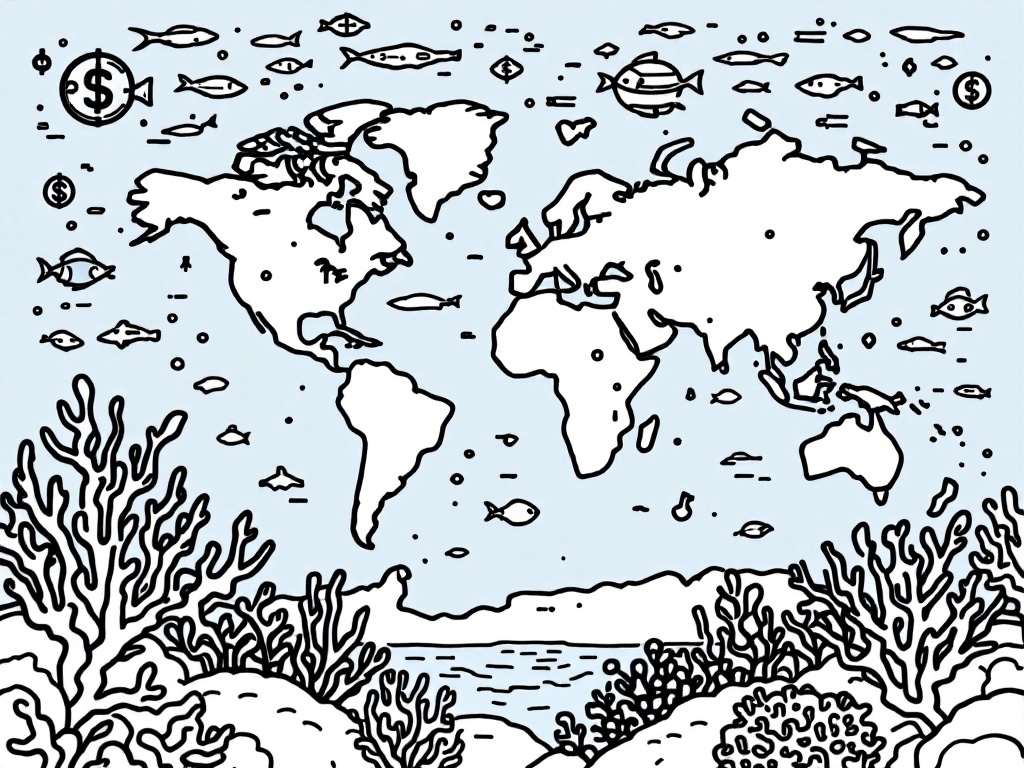84% of Global Coral Reefs Affected by Worst Bleaching Event Ever Recorded

Global, Wednesday, 23 April 2025.
The most severe coral bleaching in history now impacts 84% of coral reefs worldwide, threatening marine biodiversity and economic systems reliant on healthy reef ecosystems.
The Global Scope of the Crisis
The unprecedented bleaching event, beginning in 2023, now affects 84% of global coral reefs, marking it as the most extensive in recorded history [1][7]. According to the International Coral Reef Initiative (ICRI), this bleaching is primarily driven by rising ocean temperatures resulting from anthropogenic climate change [4][6]. Reefs across at least 82 countries, encompassing iconic locations like Australia’s Great Barrier Reef and the Raja Ampat in Indonesia, are severely impacted [3][6].
Economic and Environmental Implications
Coral reefs, vital to marine biodiversity, are essential for supporting an estimated 25% of all marine species [2]. Economically, they benefit approximately one billion people globally, providing food and jobs valued at over $10 trillion annually [4][7]. Their destruction could lead to economic losses projected to reach $500 billion annually by 2100 due to climate change-related impacts [7].
Escalating Ocean Temperatures
The year 2024 was recorded as the hottest year on Earth, with average sea surface temperatures exceeding previous records at 20.87°C [2][5]. This acceleration in ocean warming has eliminated traditional refuges against coral bleaching, with the expansion of NOAA’s Coral Reef Watch alert scale—an indication of the dire potential for mass coral mortality [2][6].
Urgent Need for Action
In response to these alarming trends, experts stress the necessity for immediate and substantial reductions in fossil fuel emissions to curb ocean warming and mitigate its effects on reefs [6][7]. Dr. Britta Schaffelke from the Australian Institute of Marine Science emphasized that the current event is overwhelming existing monitoring and conservation capacities, urging increased global commitment to coral conservation efforts [3][5].
Sources
- apnews.com
- www.theguardian.com
- icriforum.org
- icriforum.org
- www.unesco.org
- www.dw.com
- en.wikipedia.org